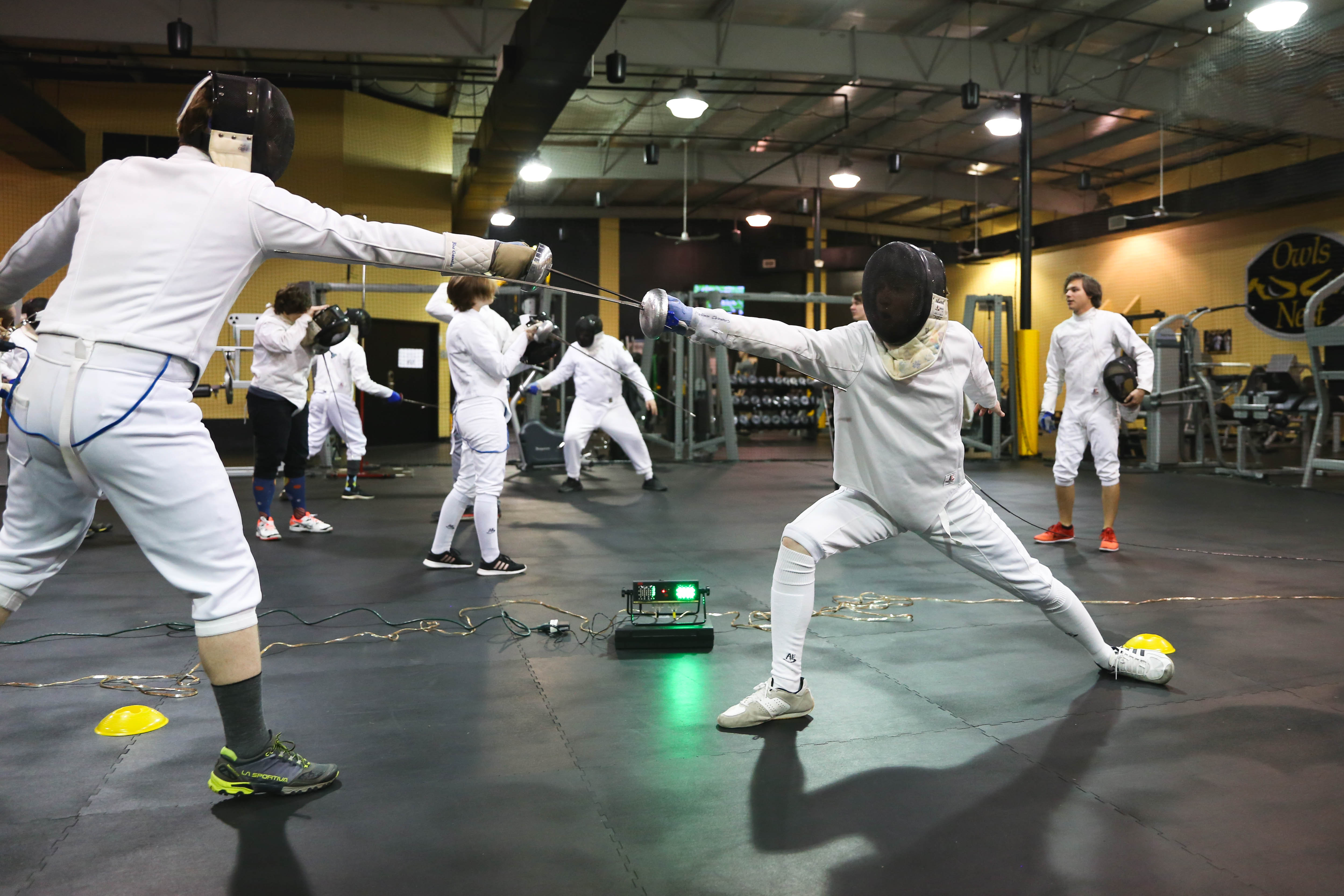Rubbing lip balm on the edge of a Scantron will get you an “A” because the grading machine will not be able to mark any answers as incorrect
A: FALSE. This rumor has been around since the mid-90s
but sadly it doesn’t hold up regardless of how many coats a test taker applies. Plus, even if it did work, a teacher would easily be able to spot a cheat just by touching the edge of the Scantron sheet.
Ingesting caffeine will improve a test taker’s score
A: TRUE. According to studies published by John Wiley and Sons in Human Psychopharmacology, test takers that consumed moderate levels of caffeine had improved scores overall. The catch is that excessive amounts of caffeine consumed actually cause negative effects and lower test scores. Caffeine is a chemical that causes the brain to be more alert and function at a higher level. However, this is only a temporary effect and eventually the test taker will experience a crash.
Eating peppermint will improve a test taker’s score
A: TRUE-(ish). Studies done in several public schools across the country have shown peppermints have a positive effect on test scores. Some researchers argue that it is actually the method of consumption, saying chewing gum stimulates the brain for higher scores rather than the chemicals in peppermint. Others say it only causes a very brief boost, enough to help on only a few questions. Basically, it won’t hurt test takers to eat peppermints just don’t expect a bunch of minty candy to save your grade when you forgot to study.
Staying up all night studying allows a test taker more time to study and gets a higher score on tests
A: FALSE. While this is a common practice by college students everywhere, the fact is that sleep is overwhelmingly beneficial for students. Sure, cramming all night for an exam might get the job done but studies consistently show that students with healthy sleeping habits do better than students with poor sleeping habits. According to Medical News Today, the brain actually continues to “study” while a person is asleep. If you read over notes a few times right before you go to bed, your brain will continue to work on the information it just received. Students that have done this actually remember the information better the next morning compared to the night before.
If you don’t know the answer, always guess “C” unless the test has already used plenty of “C” answers, then go “D” or maybe “A” if you’re gutsy.
Guessing “C” works out more times than not.
A: FALSE. Random guessing, statistically speaking, is almost as bad as leaving a question unanswered. If you don’t know the answer to a four-answer, multiple choice test, read the questions again and then the answers. You may not know the correct answer and guessing correctly will only happen 25 percent of the time. Instead, find the choices you know are not correct. If you can eliminate one or two of the options you can increase your odds of guessing correctly to 33 percent or even 50 percent.


